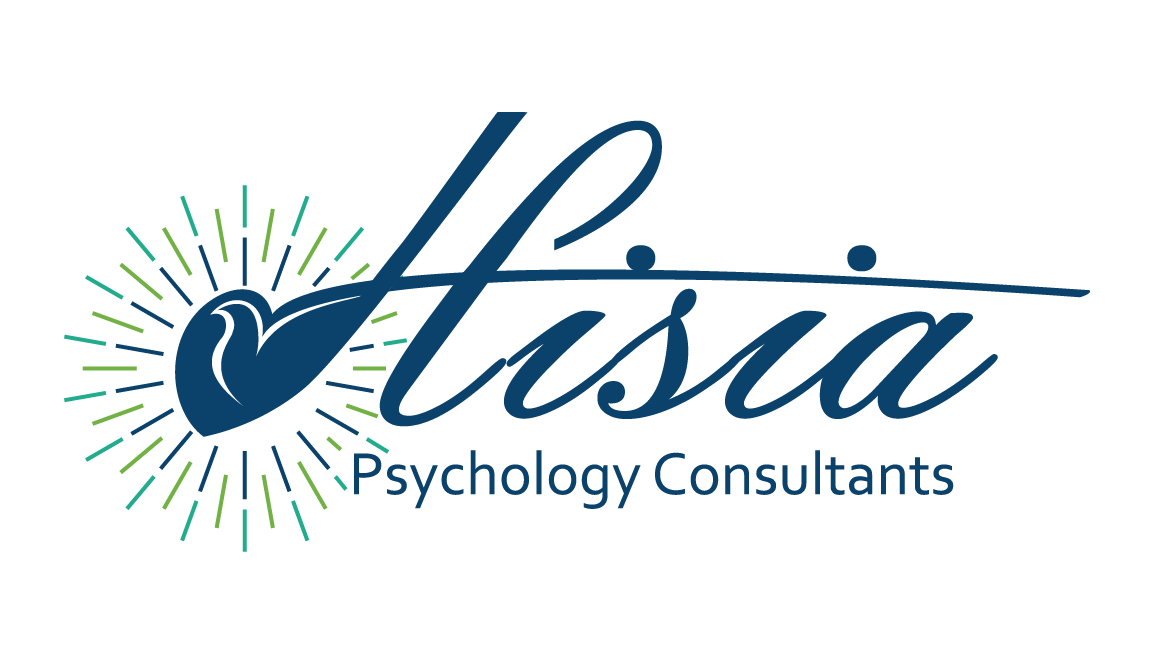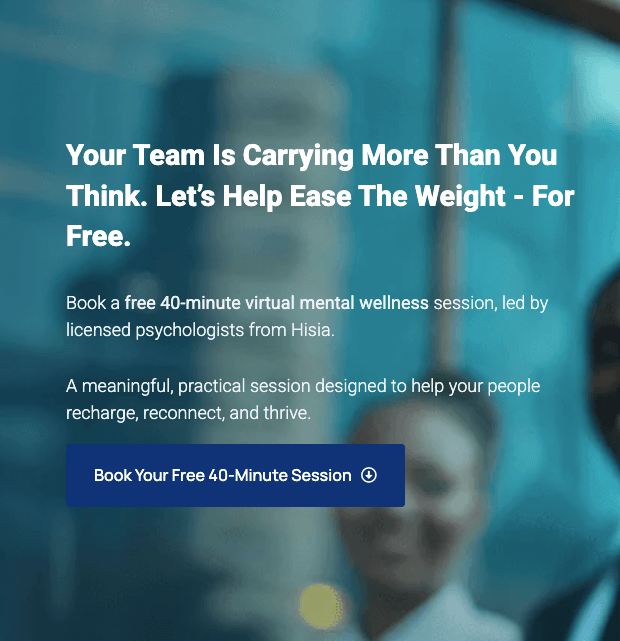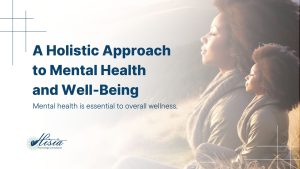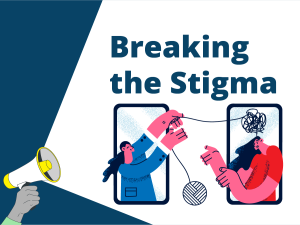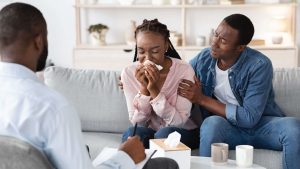Ever wonder why it’s so hard to get back into the swing of things after the holidays?
The beginning of the year comes with hope as much as it also brings anxiety. Life demands come full blown, and we all consider them a reality or business as usual. There are those who prefer the drive and most use this period to set new goals and check what was not achieved, while for others it forms a financially, physically, and emotionally demanding time of year.
According to research, approximately 64% of people report being affected by holiday depression, and it’s most often triggered by financial, emotional, and physical stress of theseason. But for others, coming down from the high after the ‘most wonderful time of the year’ (and the inevitable return to work) can also bring on a bout of the post-holiday blues.
What Exactly Are Post-Holiday Blues?
Post-holiday blues is a mood that individuals experience upon returning home after long breaks and vacations. Many people believe it to be a normal feeling to experience after the holiday season. Trips that are longer in duration and people who experience more memorable moments during the holidays experience more intense post-holiday blues. This can significantly impact a person’s mental health.
People start to compare their regular lives to the holiday season and realize their lifestyle is boring, normal, and does not satisfy their needs. Studies show that having a shorter holiday trip makes it easier to overcome the post-holiday blues and it is easier to adjust back to a normal routine.
The holiday season can consist of various activities for different people. Some people consider it to be a time for partying, planning, baking, drinking, gift-giving, being charitable, and a lot more. Usually, this can bring unwanted stress for people who are already dealing with mental health issues every day. It is important to remember that holiday blues are short-term. Be patient. Take things day by day, week by week!
Triggers of Holiday Blues
The causes of post-holiday blues can manifest differently for everyone and could possibly be undetermined. Holiday sadness is truly a personal feeling. In the upcoming weeks, many people are busy with Christmas shopping, gifting wrapping, parties, family reunions, and having house guests which all come with added stress and pressure.
Many people do not realize balancing all the holiday plans can contribute to feelings of being overwhelmed and increased tension. While some people experience holiday blues during the holidays, others could experience post-holiday blues after the New Year, due to high expectations and disappointments from the previous year.

As animals change their mood in essence with the changing seasons and weather patterns, people tend to change their behaviors as well. Research has found that it is normal for people to eat and sleep a lot more in the winter time and feel a version to shorter days and dark mornings. The holiday season can relate to the same changes for some people as they suffer from a seasonal affective disorder which can also lead to post-holiday blues.
Holiday Depression
Surprisingly, the holiday blues is not an officially recognized psychiatric condition in the Diagnosticand Statistical Manual of Mental Disorders (DSM). Although it may not be recognized as a psychiatric condition, the symptoms of holiday blues can lead to feelings of depression. Depression is a serious mental health condition that you should be concerned about. Understanding the duration and severity can havea huge impact on your mental health and overall lifestyle.

Psychological Game of Post-Holiday Blues
Planning Ahead:
Many people do not realize that small opportunities can make a huge difference to their mental health. During the holiday season, we often get busy, cluttered and have to deal with a number of different year-end problems.
Some people are educated about the symptoms of post-holiday blues while others are completely oblivious of the symptoms. The first step to dealing with the blues is acknowledging the symptoms. Making plans in advance can be a crucial part of avoiding post-holiday depression.
Have Realistic Expectations:
People need to understand that all the hype of the holiday season isn’t always joyful and smoothsailing. Anything can happen and it is important to be flexible. During the holiday’s people tend to overestimate how happy others are because of images seen on TV commercials and a common topic of conversations.
Although all the smiles shown through advertisements, holiday promotions or the spirit of the holiday season, people tend to think you should always be happy and upbeat during the holidays because everyone is feeling the same way. Unfortunately, that is not the case.
Everyone goes through some type of difficulty during holidays and it does not mean you have to force yourself to be happy. It is important to know what is real and what triggers the feelings of depression in you.
To do this, you must find ways to block holiday messages or any other situations, depending on how much it affects you. Even just reminding yourself that there are many other people who are also struggling with mental health conditions can bring some comfort.
Balance Change with Tradition:
The most fascinating part of the holiday season is the traditions such as your favorite meals since childhood, old decorations that could bring up memories, and gathering at a particular relative’s home. Traditions bring people and memories together. It helps maintain family ties and link sour lives of today to the holiday celebrations from when we were young.
For some reason, people tend to do things every holiday season that fills them with symptoms of depression or other health-related issues. Some holiday plans do not always go the way you want. There needs to be a change. If hosting Christmas dinner for the entire family has become too much, you need to talk to a close relative or someone that will understand about changing who is in charge.
If you are dealing with a loss, it can be a lot harder for you to beable to enjoy the holiday season. You may feel lonelier and sadder as the holidays come closer or at the end of the season when a family returns home. In a case like this, it is important to create new habits and not to feel ashamed or guilty. The first decision of change will give you a new tradition to move forward and cherish every moment of your wellbeing.
Seek Psychological Help:
With all the merry should you experience anxietyand depression it could be a sign of underlying childhood issues or unresolved trauma. Your therapist will help you navigate the questions below:
Be considerate to your mental wellbeing and seek to have a professional opinion to help you cope oraddress the challenges.

About Nancy
Nancy has a strong background in relationship counseling, family counseling, parenting counseling, drug & substance abuse recovery, suicide prevention, grief support, and self-esteem therapy.
To book an appointment with Nancy, kindly Call / WhatsApp +254 745 562 108 or leave a message below.
